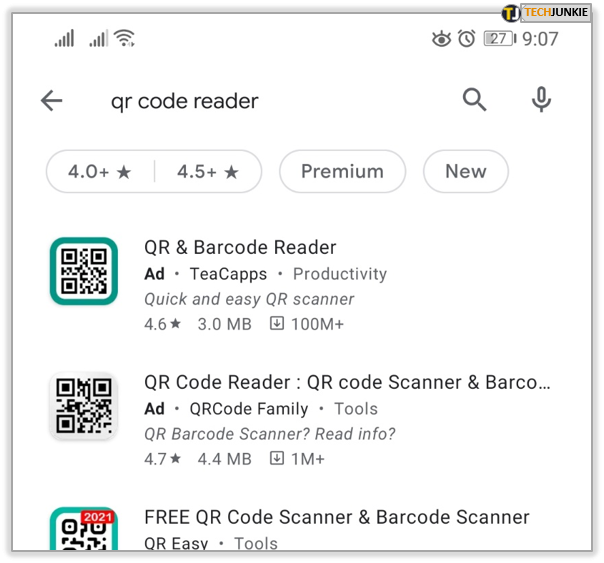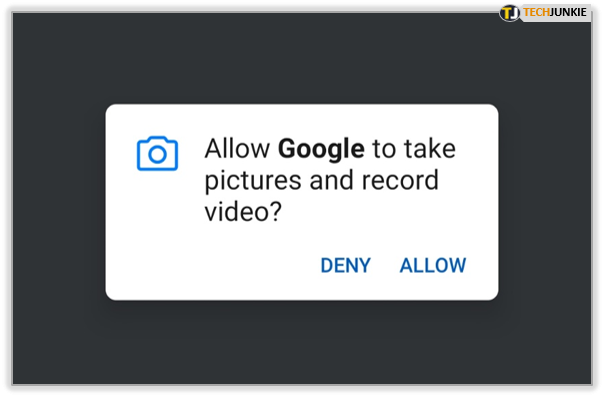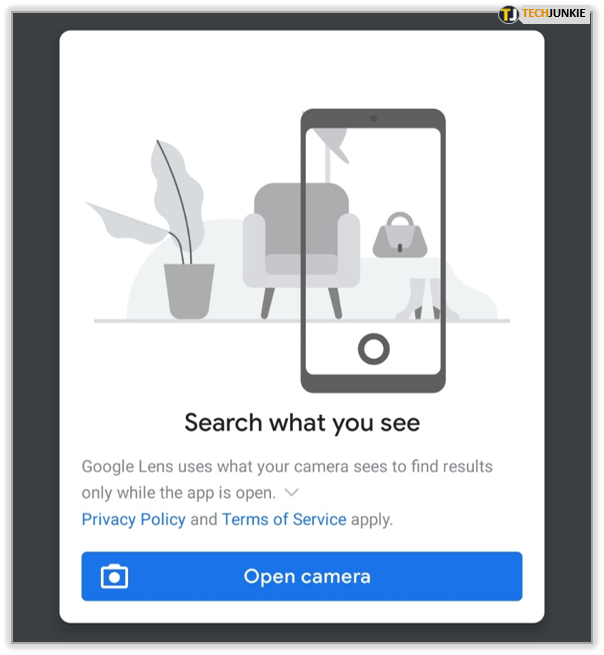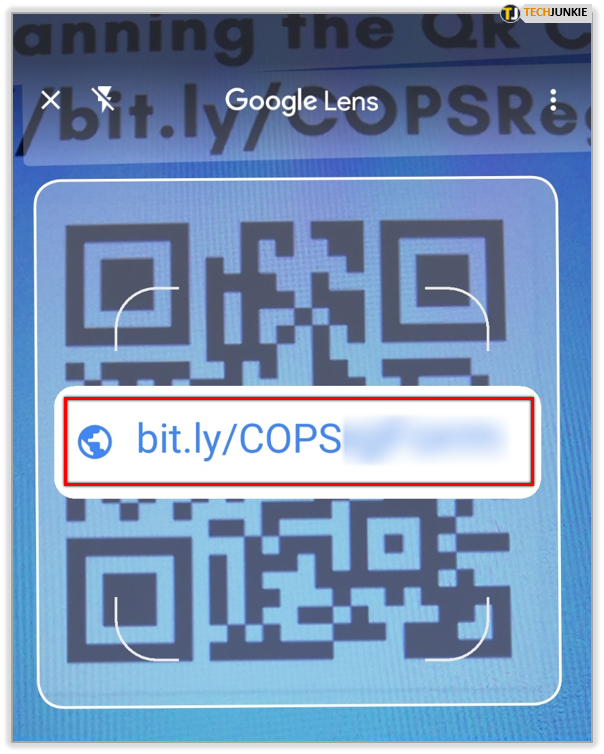How To Scan a QR Code
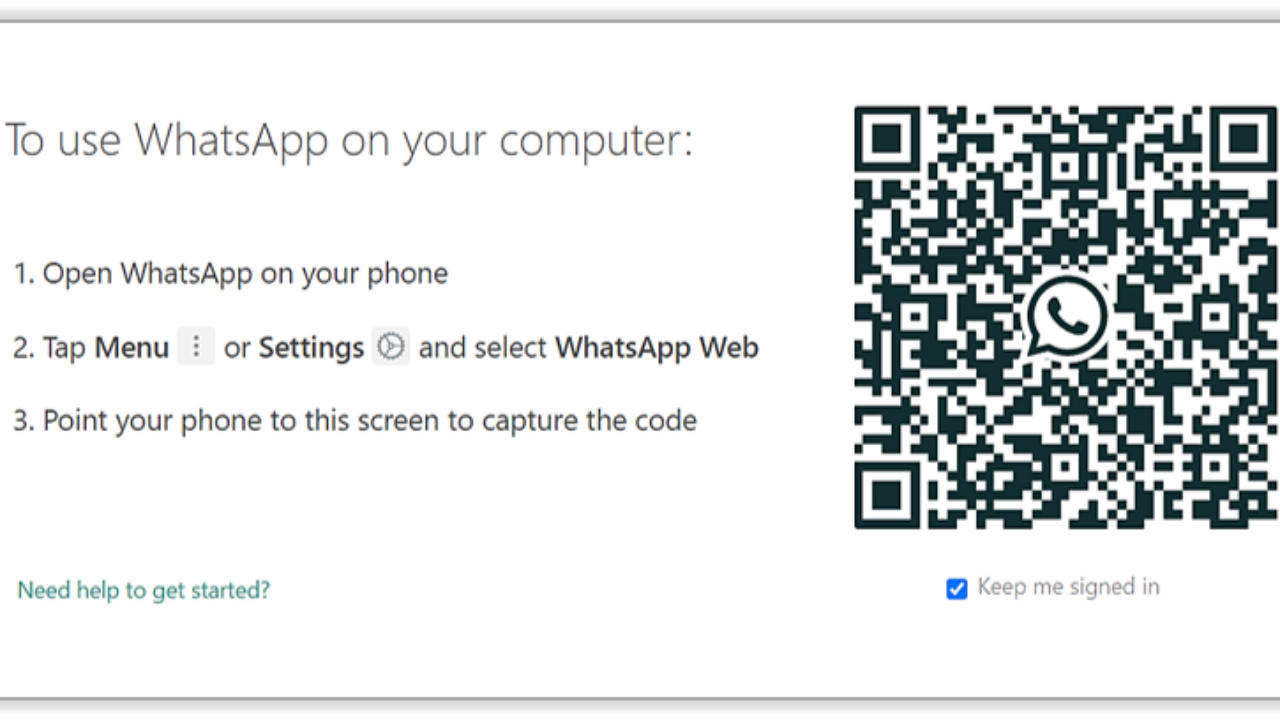
QR codes, or Quick Response codes, seemed to be everywhere a couple of years ago and are now rarely seen outside of Asia or social media apps. They may have been relabeled with the name of whatever social network is using them but they are essentially still QR codes. If you haven’t used one before, here is how to scan a QR code.
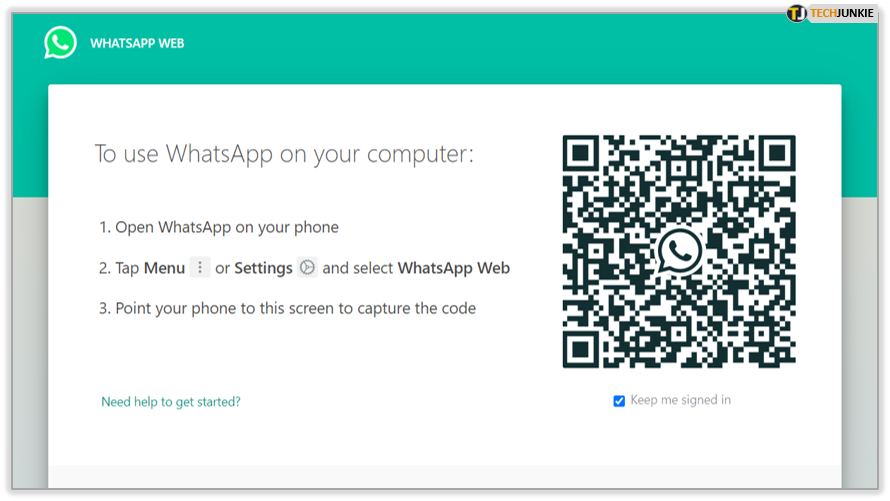
WhatsApp web uses them to pair a phone with the web page, Snapchat uses them, Spotify uses them and no doubt other social networks use them too.
In principle, the QR code is an excellent idea. Scan the code and be instantly provided with data related to the media hosting the code. QR codes could hold up to one hundred times the data of a bar code, has built in error correction (to a degree), are fully customizable and provide 360 degree scanning capability.
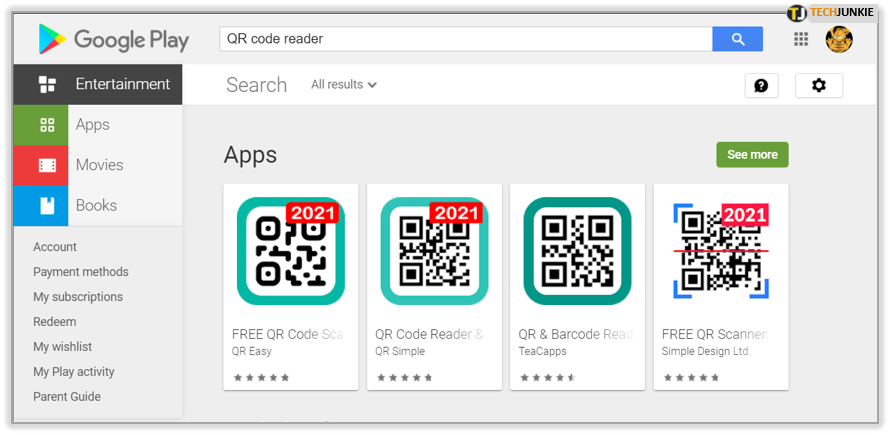
Scan a QR code in Android
Depending on what is hosting the code, you may need a specific QR code reader app on your phone. If you are using a social network hosted code, you will need to access the social app and then access the reader from within that. If you’re scanning a code on its own you will need a code reader.
- Visit the Google Play Store and select a QR code reader.

- Download and install a good one onto your phone. Give it permission to access your camera when it asks.

- Open the app and point your camera at the QR code. Depending on the app, it will either scan the code automatically or provide a Scan button for you to press.

- Confirm if the QR code leads you to a website or access content.

Scan a QR code on an iPhone
The process is much the same on an iPhone. You will need a QR code scanner app if you don’t already have one or use the feature within your favorite social media app to scan the code.
- Visit iTunes and find a QR code reader.
- Download and install it onto your iPhone. Give it permission to access your camera when it asks.
- Open the app and point your camera at the QR code. The app will scan it automatically or provide you with a Scan button to do exactly that.
- Confirm you want to access the content once the code has been scanned.
You can also scan QR codes on your computer but the process is a little clunky. It is much better to use your phone’s camera.
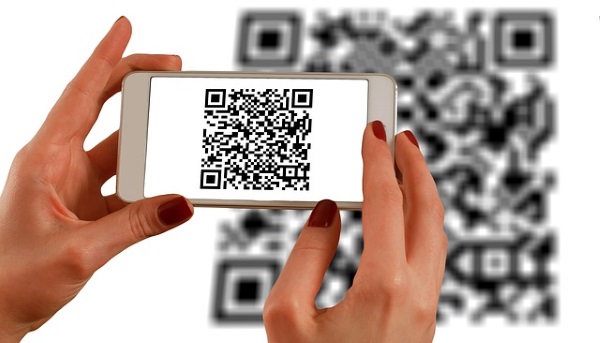
Why QR codes are no longer popular in the west
Aside from those QR codes used by social networks, they are not widely used in the west except in industry. For a while, they were everywhere and then they simply disappeared. They are still huge in China and Japan so why not here?
- They were often used incorrectly.
- They were used too often in advertising.
- People were concerned about security.
- You need an app for that.
They were often used incorrectly
When QR codes first hit our consciousness, we saw them everywhere. On billboards, flyers, posters and on websites. On websites? How were we to scan a website? It is difficult to scan a QR code on a PC and impossible to scan a website with a mobile camera unless you are sitting in from of a computer and scan the QR code with your phone. Why would you do that? Why would you do that when a shortened URL could do it much better?
They were used too often in advertising
As always, once the advertising industry got hold of QR codes they saturated the planet with them. They were everywhere, on products, on posters, flyers, in stores, in magazines and everywhere. I, and the people I asked about QR codes when preparing this piece, got tired of seeing and using them very quickly.
Like people become ad-blind after a while, we quickly became QR code blind.
People were concerned about security
There were instances where bill posters would have QR codes printed on the poster only to have someone come along and cover it with a sticker that took the user to somewhere completely different. You also got codes that were otherwise interfered with and took you to porn sites, betting sites, sports sites or other places you really didn’t want to go.
While rare in the scheme of things, this gained enough attention that users lost trust and stopped using them.
Another security aspect of note is that a QR code is not human readable. OCR or even UPC codes are and we are happier to work with those. If you use a barcode or OCR reader and it does not work, you can type the code in yourself. We have no idea what any of the design in a QR code means and we are inherently distrustful of that.
You need an app for that
The inability for either Android or iOS to natively scan QR codes was another barrier. It is rumored that iOS11 will include native support for QR code scanning but that horse has bolted. I have no idea if Android is planning native support. The requirement for an app and the clunkiness of having to scan a code and confirm you want to go somewhere isn’t the most fluid user experience ever.
UX design counts on making the transition between processes as simple and as seamless as possible, at the moment, QR codes just don’t do that.
The rise of the Chinese market and the practicality of the QR code in industry has meant that attitudes in other parts of the world are very different than here. Billions of Chinese and Japanese scan QR codes all the time and they are so popular that Apple is allegedly including the technology into iOS11 to attract more Chinese buyers.
It is a shame that the codes are not human readable but given the amount of information that can be stored, the UTF-8 compatibility and the fact that over half the world still uses them I don’t see the QR code going anywhere soon.
What do you think of QR codes? Use them? Dislike them? Tell us your thoughts below!




